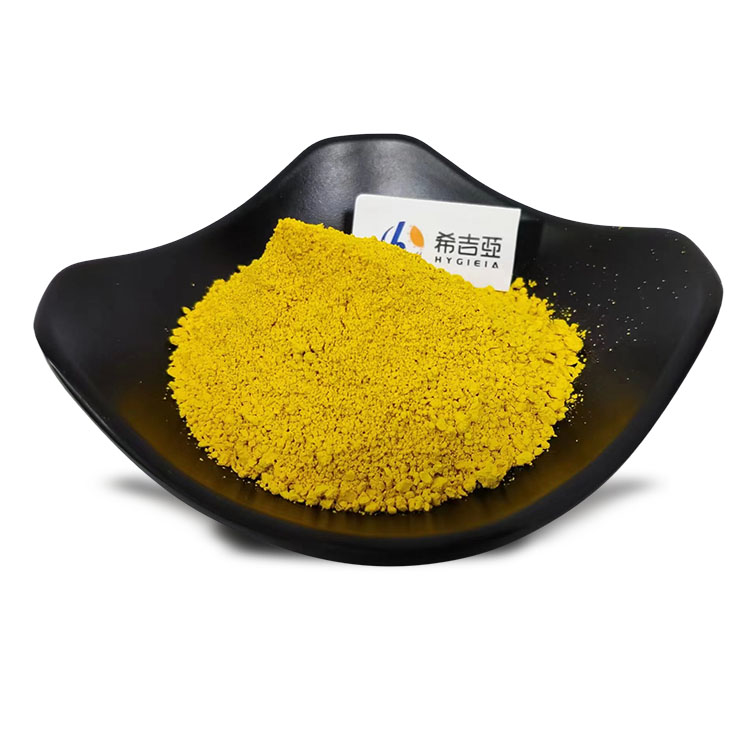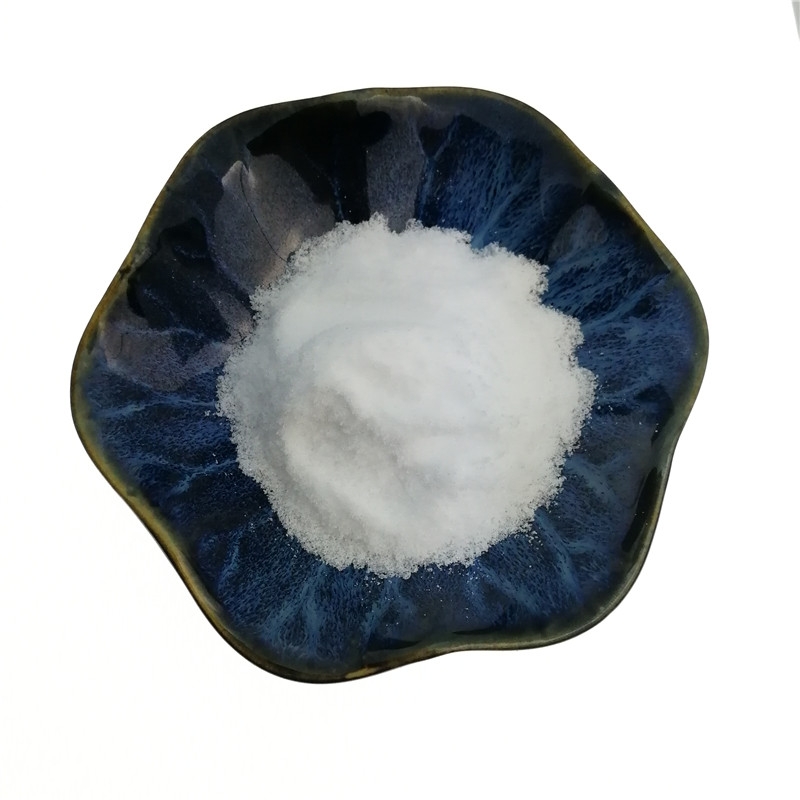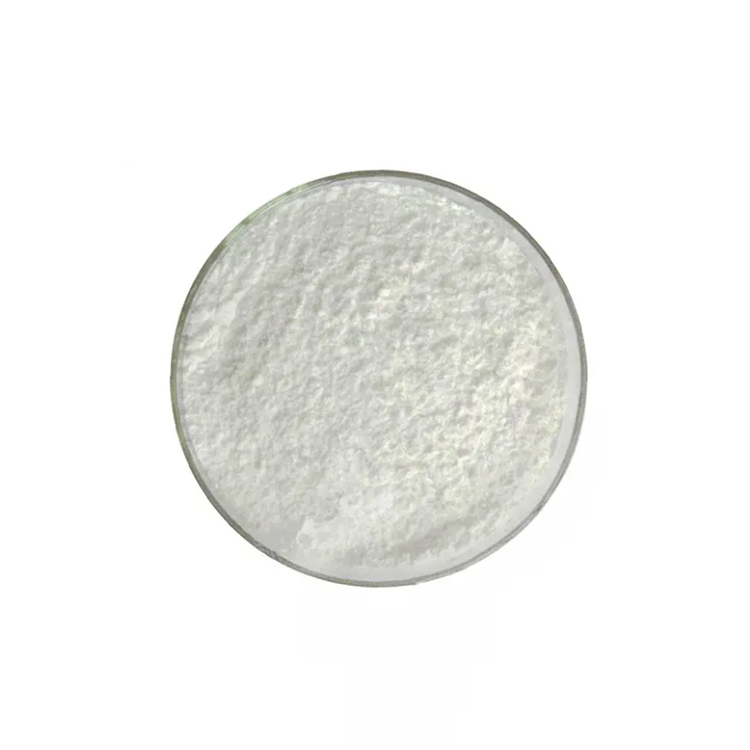-
Categories
-
Pharmaceutical Intermediates
-
Active Pharmaceutical Ingredients
-
Food Additives
- Industrial Coatings
- Agrochemicals
- Dyes and Pigments
- Surfactant
- Flavors and Fragrances
- Chemical Reagents
- Catalyst and Auxiliary
- Natural Products
- Inorganic Chemistry
-
Organic Chemistry
-
Biochemical Engineering
- Analytical Chemistry
- Cosmetic Ingredient
-
Pharmaceutical Intermediates
Promotion
ECHEMI Mall
Wholesale
Weekly Price
Exhibition
News
-
Trade Service
The organization has evaluated whether drinking coffee, yerba mate and other overheated beverages cause cancer
.
Experts from the International Agency for Research on Cancer have found that overheated drinks may cause esophageal cancer
.
"Overheating" means that the temperature of the drink is above 65°C
.
Experts from the International Agency for Research on Cancer have found that there is no definite evidence that drinking coffee can cause cancer
.
You can continue to enjoy your coffee, but don't drink it too hot!Yerba mate is a tea brewed from dried leaves similar to tea leaves, and the main consumer groups are in South America
.
Yerba mate is generally drunk at a higher temperature (about 70°C), but it can also be used as a room temperature drink and cold drink
.
Experts from the International Agency for Research on Cancer have found that there is no definite evidence that yerba mate tea, which is at moderate temperature or used as a cold drink, can cause cancer
.
"Research results show that drinking overheated beverages may cause esophageal cancer, the reason is the temperature, not the drink itself
.
" "Smoking and drinking are the main causes of esophageal cancer, which is particularly prominent in high-income countries," Director Christopher Wild Emphasize
.
If you want to reduce the risk of cancer, you should not smoke and drink alcohol!"Most esophageal cancers occur in parts of Asia, South America and East Africa.
Drinking overheated beverages is more common in these places, and the reason for the high incidence of esophageal cancer is still inconclusive," said Christopher Wild, director of the International Agency for Research on Cancer
.
This is exactly why the International Agency for Research on Cancer decided to evaluate the evidence on this matter
.
Can we still drink hot drinks? Dr.
Shi Hede, the representative of the World Health Organization in China, believes that we should treat these research results in a correct way
.
"We are not telling you not to drink hot drinks! The core message of these studies is to hope that you can use your common sense, don't drink hot drinks, wait for it to cool down
.
" We need more information and research to prove overheating.
The exact relationship between beverages and esophageal cancer, including the relationship between consumption and cancer risk
.
"But what we can confirm is that smoking can cause esophageal cancer, lung cancer, throat cancer, oral cancer, kidney cancer, bladder cancer, pancreatic cancer, stomach cancer and cervical cancer
.
If you want to reduce the risk of cancer, quit smoking today! "——Dr.
Shi Hede, WHO Representative in China Esophageal cancer is one of the eight common cancers in the world, and it is also the main cause of cancer deaths
.
Figures in 2012 show that about 400,000 people died of esophageal cancer, accounting for 5% of all cancer deaths
.
The proportion of esophageal cancer that may be caused by drinking hot beverages is not clear
.
But while we are looking for more evidence, we should note that the higher the temperature of the drink, the higher the risk of cancer
.
The latest research results are consistent with the WHO’s existing recommendation to cool and drink before drinking, because drinking hot (piping hot) beverages may increase the risk of certain cancers
.
The International Agency for Research on Cancer Classification Guidelines for Carcinogens The International Agency for Research on Cancer uses the following categories to distinguish the carcinogenicity of carcinogens: Category 1: The substance is a human carcinogen
.
When there is sufficient evidence that it is carcinogenic to humans, it is classified as category 1
.
In other words, there is already convincing evidence that the substance is carcinogenic
.
This assessment is usually based on epidemiological studies of cancer in people exposed to the substance
.
Tobacco belongs to category 1 carcinogen
.
Category 2A: The substance has a higher possibility of causing cancer to humans
.
"Evidence" means that there is an observable association between exposure to the substance and cancer, but other explanations for this association cannot be ruled out (technically called accident, deviation or confusion)
.
Category 2B: The substance may cause cancer in humans low resistance
.
when the limited evidence or insufficient evidence to prove that a substance is carcinogenic to humans, and to prove when evidence of carcinogenicity in experimental animals this substance is still insufficient, is the category 2B
.
class
3: .
When the evidence that a substance is carcinogenic to humans is insufficient, and the evidence that the substance is carcinogenic to laboratory animals is insufficient or limited, it is classified as Class 3.
The limited evidence for laboratory animals refers to the evidence that it is carcinogenic.
but not yet finalized
.
as proof of evidence of carcinogenicity in humans can not bring about some kind of conclusion (referred to as "insufficient" evidence), but there is sufficient evidence of carcinogenicity in experimental animals when, can also be classified as category 3
.
4 class : this substance may not carcinogenic to humans
.
when proof of a substance on humans and experimental animals did not constitute a carcinogen, is the four categories
.
whether the contact will be cancer? If the IARC of a substance classified as carcinogens, whether Means that once I am exposed to the substance, I will definitely get cancer? Not necessarily
.
The classification of the International Agency for Research on Cancer is based on the strength of the evidence that a specific substance causes cancer
.
The International Agency for Research on Cancer strives to confirm the risk of cancer, that is, exposure to that substance .
The substance is also likely to suffer from cancer
.
However, as far as the substance is concerned, the actual risk of cancer depends on the mode and degree of exposure and the strength of the substance’s impact
.







